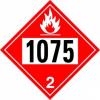Sign in to follow this
Followers
0

Follow up on patients
Started by
50-65,
-
Recently Browsing 0 members
No registered users viewing this page.

Started by
50-65,
No registered users viewing this page.